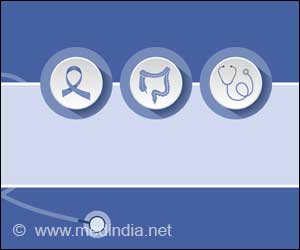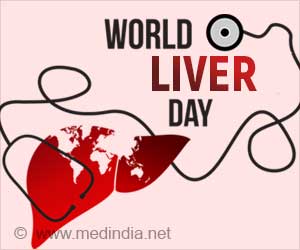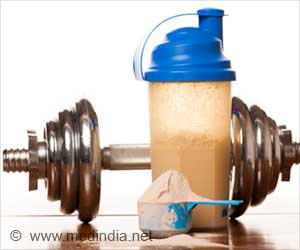Highlights
- Low-fiber diet can alter the composition of colonic microbiota, increase bacterial penetrability and reduce the growth rate of the inner mucus layer
- A high-fat, high-carbohydrate diet with low fiber content can increase the risk of inflammatory bowel disease, weight gain and diabetes
- Bifidobacterium or a diet rich in fiber and inulin treatment can protect the deterioration of the inner colonic mucus layer
Role of Fiber in the Gut
“Average fiber consumption has declined drastically in developed countries over the past few decades," said Fredrik Bäckhed, Professor of Molecular Medicine who studies the role of gut bacteria in metabolic disorders.
Different types of fiber are found in fruits and vegetables, legumes and whole grain products.
Consuming a high-fat and high-carbohydrate diet and low-fiber can increase the risk of inflammatory bowel disease, weight gain, and diabetes.
Gunnar C. Hansson, Professor of Medical and Physiological Chemistry and director of the study, said, "Our results demonstrate that the inner mucus layer separate gut bacteria from the body's cells. We illustrated the rapid, process by which the mucus layer responds to dietary modifications and subsequent bacterial changes."
Bifidobacteria are considered as a friendly bacteria. A dietary supplement of this bacteria can help stimulate the growth of the mucus layer. However, the dietary supplement could not prevent the bacteria in the gut from reaching out to the body's cells.
When supplementing inulin, a type of dietary fiber can prevent the bacteria in the gut from reaching out to the body's cells.
Professor Hansson said that low-fiber diets could alter the bacterial composition and their production can be influenced by greater bacterial penetrability that affects the body's cells.
Further study on fiber supplements as a method of treatment is required. Enriching food with refined fiber alone was not recommended before. Now, more knowledge has been gained regarding its complex interplay with food, bacteria, and the body's cells.
Benefits of Fiber
Fiber is known to protect against colon cancer and high cholesterol. Fiber-rich food slows down digestion and gives you a feeling of fullness for longer periods it is ideal for a weight reduction program.
Eating enough fiber prevents gastrointestinal disease, piles, and hemorrhoids. Having enough fiber can prevent inflammation of the intestines.
Too many fibers can cause some discomfort and especially eating them all at once can cause diarrhea as they speed the passage of food in the digestive tract.
At times, since fiber binds with water and food, it also binds to minerals like calcium, magnesium, and zinc moving them out of the system before the body can absorb them.Eating too many raw vegetables and fruits can cause intestinal gas and bloat.
Many a time eating a good amount of fiber with not enough water can cause constipation. Once the fiber intake is reduced the ill effects will clear up within a day or two.
Reference
- Bjoern O. Schroeder, George M.H. Birchenough, et al. Bifidobacteria or Fiber Protects against Diet-Induced Microbiota-Mediated Colonic Mucus Deterioration. Cell Host & Microbe10.1016/j.chom.2017.11.004
Source-Medindia















